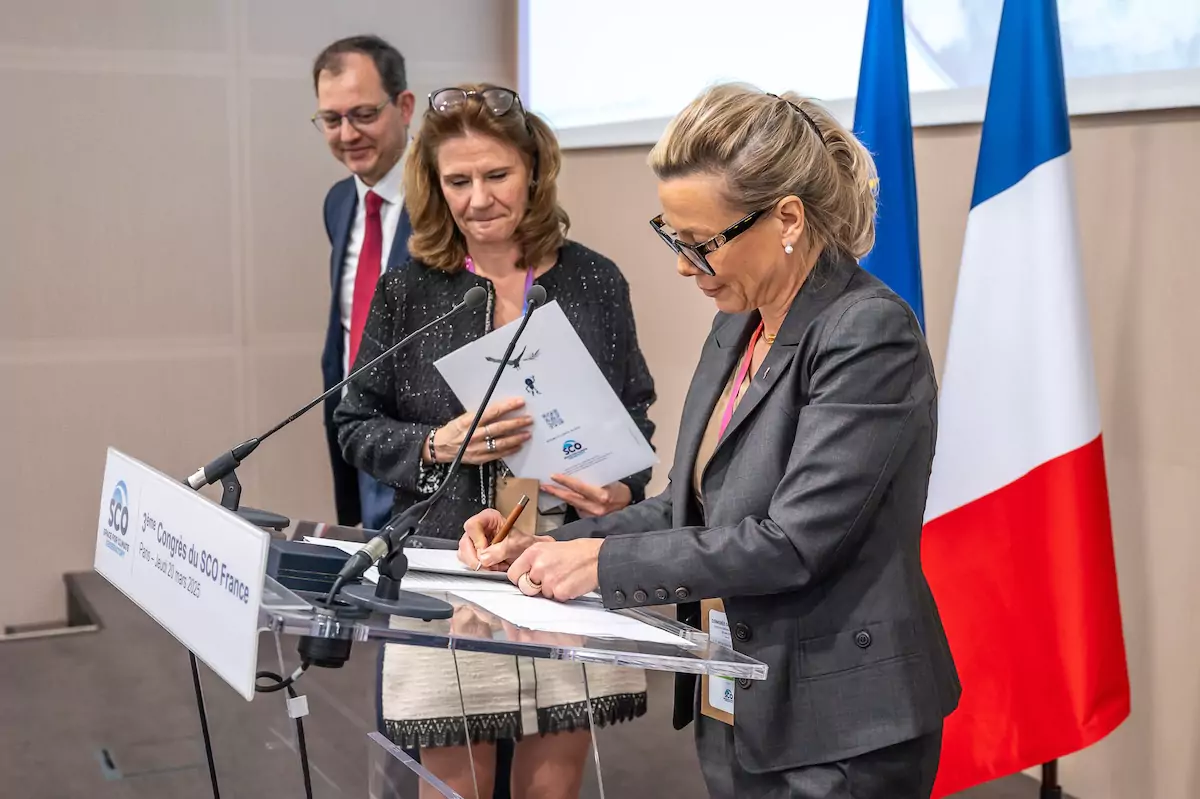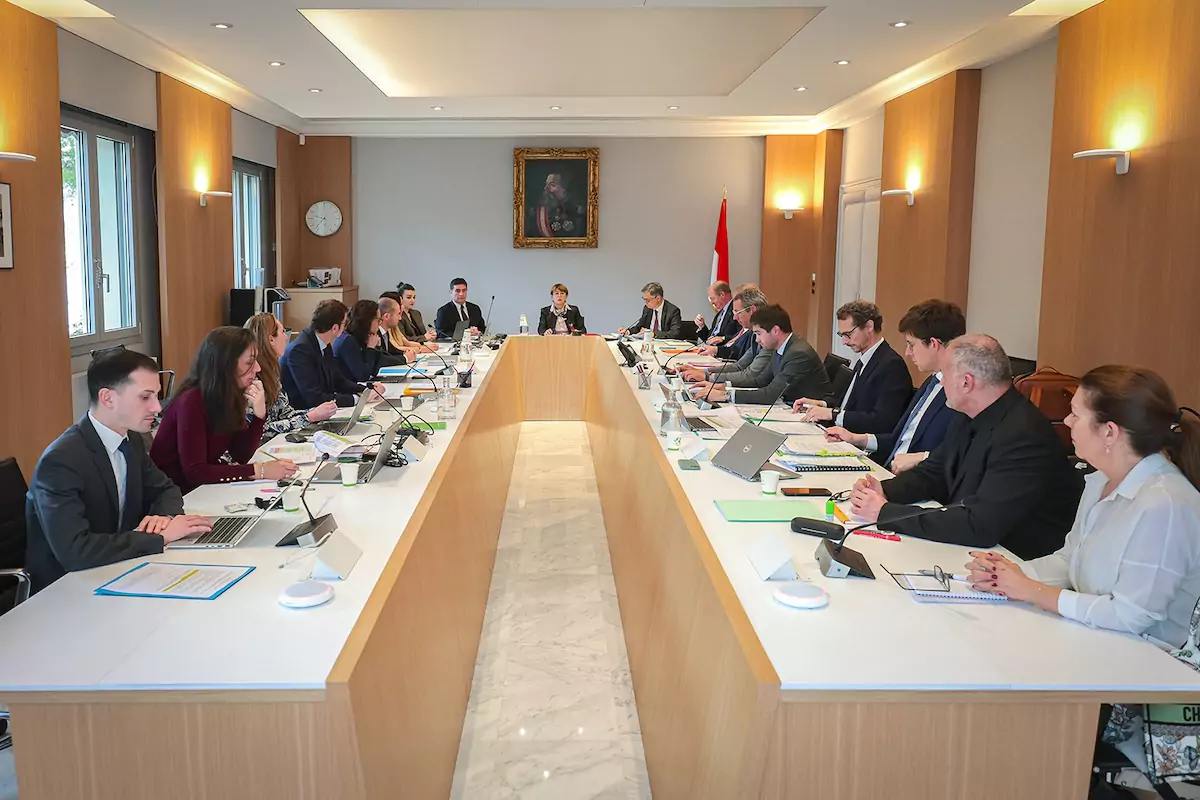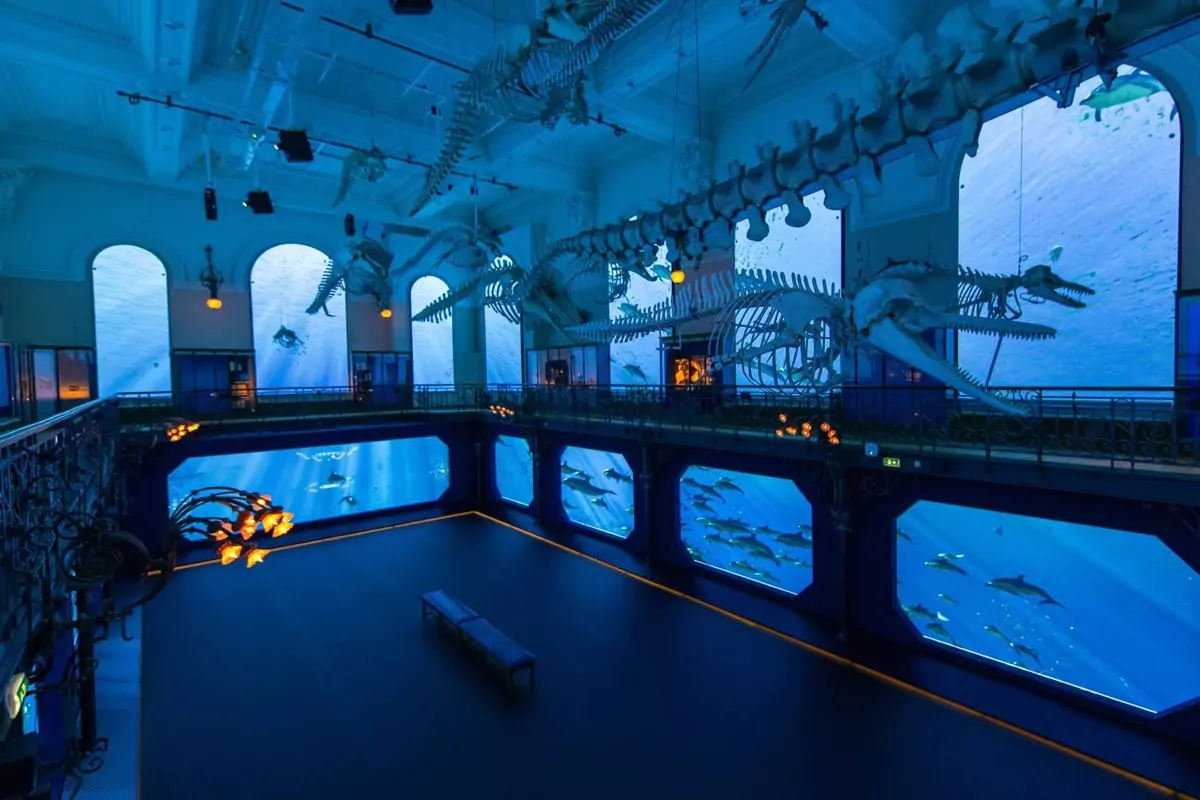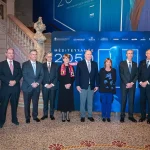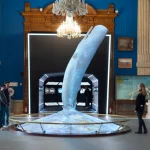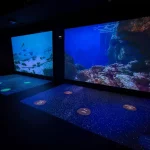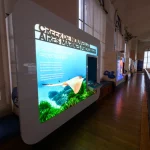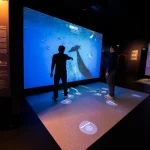In a dramatic court ruling that sent shockwaves through French politics, far-right leader Marine Le Pen has been handed a five-year ban from public office and a four-year prison sentence after being convicted of embezzling European Union funds, effectively ruling her out of the 2027 presidential race – unless she can successfully appeal.
The decision, announced by a Paris court on Monday 31st March, marks a defining moment in France’s political landscape. Le Pen, a three-time presidential candidate and head of the National Rally (RN), had consistently led opinion polls for the 2027 election. Now, she faces a four-year prison term – two years suspended, two to be served under house arrest – and a €100,000 fine. Although the sentence and fine are subject to appeal, the political ban takes immediate effect under a provisional enforcement order.
Le Pen, 56, was convicted of orchestrating a scheme that misused over €4 million of European Parliament funds, with the court stating that the operation was designed to reduce the RN’s party expenses by diverting EU resources. The judge, Benedicte de Perthuis, declared Le Pen was “at the heart” of the operation and dismissed the defence’s argument that the issue was a matter of administrative oversight.
Her departure from the courtroom before the sentencing was read only added to the drama, with Le Pen offering no immediate reaction. However, her legal team confirmed an appeal would be filed. Meanwhile, RN president Jordan Bardella condemned the ruling as an attack on democracy, a sentiment echoed by far-right allies across Europe, including Italy’s Matteo Salvini and Hungary’s Viktor Orban.
Despite the conviction, Le Pen retains her seat in the National Assembly, where the RN remains the largest single party. Her term is expected to run until 2029 unless early elections are called. Still, her absence from the 2027 presidential race reshapes the field dramatically, possibly elevating Bardella as the RN’s new standard-bearer. Analysts say the ban is a “seismic political event” that may realign the French right and test the RN’s long-standing ambitions to take power.
While some political opponents welcomed the verdict as a demonstration of judicial integrity, others expressed a preference to defeat Le Pen through electoral means.
Monaco Life is produced by a team of real multi-media journalists writing original content. See more in our free newsletter, follow our Podcasts on Spotify, and check us out on Threads, Facebook, Instagram, LinkedIn and Tik Tok.
Photo of Marine Le Pen at court in France on 31st March. Credit: Free Malaysia Today

